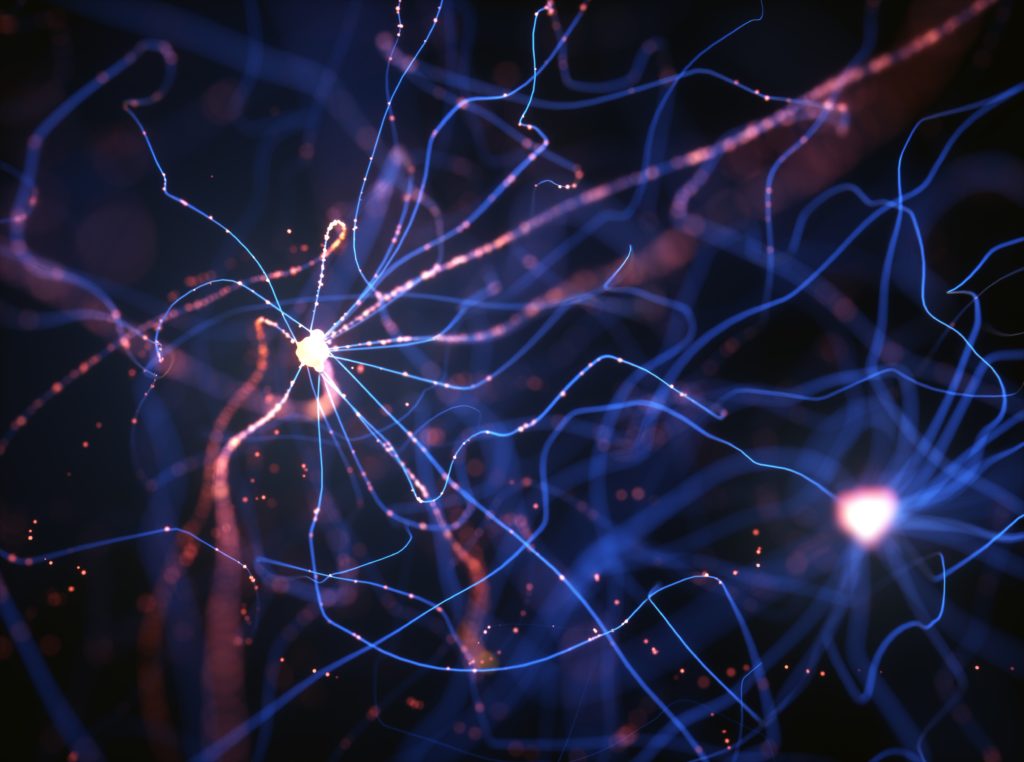Quick Hits
Daily brief research updates from the cognitive sciences

This is pretty fascinating research. Motivation after all is an important human concept, most of us would probably want more of it, and it is important for many positive life outcomes. And though we may consider motivation a purely psychological concept, it is driven by different chemicals and transmitters in the brain in different regions.
This research out of the EPFL in Lausanne Switzerland, started off by looking at how your brain breaks down molecules for processing, into metabolites, and how these influence motivation. As I have just said motivation is after all a biochemical reaction in certain parts of the brain which then energises you psychologically and physically to do something.
Another part of this equation is the role of oxidative stress – as the brain, or body, works different chemicals are released that can then impede and inhibit cellular functioning. So, these researchers looked at glutathione (GSH) in the brain – this is the brain’s most important antioxidant.
The theory would be that higher levels of this in an individual’s brain may protect against build-up of metabolites and stop motivation from decreasing. To test this, they then turned to rats and human beings. Using a very scientific sounding procedure of proton magnetic resonance spectroscopy they managed to measure levels of GSH in a region of the brain called the nucleus accumbens. This region sitting deep in the brain is strongly associated with motivation and getting to action.
What they found is that yes, higher levels of GSH correlated to better performance in rats and humans, see we are similar, on effort-related motivational tasks.
So far so good, but as we know correlation is not the same as causation – it could be something else that is causing the motivation and the higher GSH levels are just a happy coincidence. The rats were then given micro injections of a GSH blocker – not for the humans – and yes, motivation dropped. As in they performed worse in effort-based, reward-incentivized tasks.
But more, can an increase also improve motivation? For this the researchers gave the rats N-acetylcysteine (NAC), a precursor (mearning that the brain can process more GSH) to GSH, and yes, the rats performed better on the same type of tasks. This is more interesting for us because NAC is present in high-protein foods such as meat, fish, and seafood and in lower quantities in eggs, whole-grain foods and some vegetables (broccoli, onions, and legumes, for example). It is also a nutritional supplement that anyone can buy over the counter.
The researchers did note that the effect did seem to be mediated by specific type of neuron in the nucleus accumbens.
But the major take away for now is that GSH is important for motivation by reducing the impacts of oxidative stress – so keeps you motivated for longer. And you can increase this by eating the right foods or potentially by taking NAC as a supplement.
Don’t expect too much but nevertheless good to know!.

Andy Habermacher
Andy is author of leading brains Review, Neuroleadership, and multiple other books. He has been intensively involved in writing and research into neuroleadership and is considered one of Europe’s leading experts. He is also a well-known public speaker, speaking on the brain and human behaviour.
Andy is also a masters athlete (middle distance running) and competes regularly at international competitions (and holds a few national records in his age category).
References
Eva Ramos-Fernández, Ioannis Zalachoras, Fiona Hollis, Laura Trovo, João Rodrigues, Alina Strasser, Olivia Zanoletti, Pascal Steiner, Nicolas Preitner, Lijing Xin, Simone Astori, Carmen Sandi.
Glutathione in the nucleus accumbens regulates motivation to exert reward-incentivized effort.
eLife, 2022; 11
DOI: 10.7554/eLife.77791
More Quick Hits
Brain Scans Can Predict Your Political Affiliation
Quick HitsDaily brief research updates from the cognitive sciences rain scanning of political partisans is not new and it has long been reported that brain scans can predict political affiliation. But those studies were scans of political partisans...
Children with Same-Sex Parents Are Socially Well-Adjusted
Quick HitDaily brief research updates from the cognitive sciences his is not the first study to report that children of same-sex parents are well adjusted, there are plenty, but it is one of the first to be representative and hence gives some...
Simple Exposure to New Things Makes Your Brain Ready to Learn
ouldn’t it be great if we could learn things with no effort? Well, actually we often do, and children learn vast quantities of information, and knowledge with little to no effort – think of how well we learn languages which become fiendishly...
So, Can Cranberries Improve Memory?
tend to be hesitant to report on studies of single foods doing amazing things (because many do), but this piece of research still caught my eye. So, what did this group of researchers from the University of East Anglia find? Well, they...
The Real Problem with Social Media: It Induces Dissociative States
Quick HitsDaily brief research updates from the cognitive sciences ocial media seems to hijack our brains – or at least according to popular narratives. Most of us have experienced this where you get stuck in an endless stream of content,...
Adventurous Play Boosts Mental Resilience in Kids
o, a simple cheap way to help your kids improve all life skills and strengthen mental wellbeing. Too good to be true? Well, this piece of research, just out, finds a fascinating correlation with mental health and kids. This correlation was...






